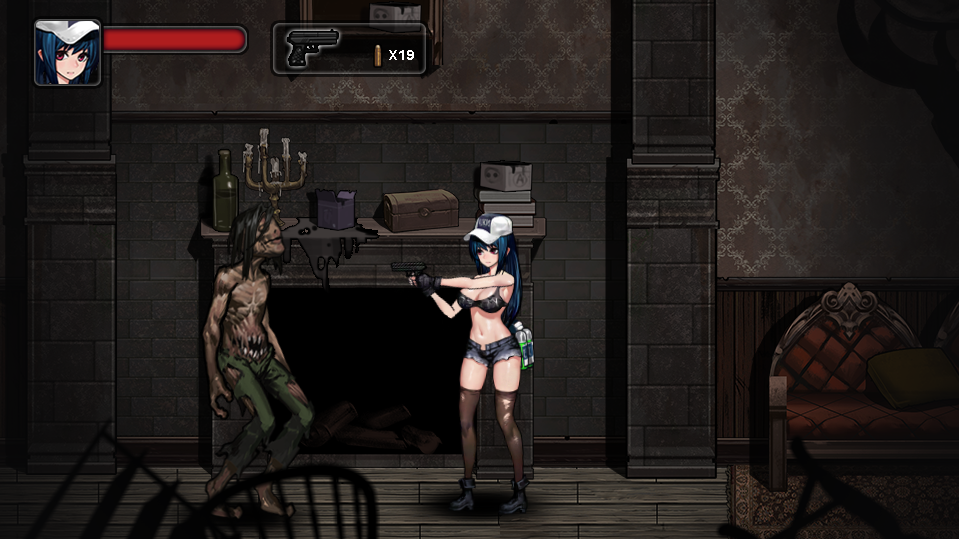

The omnipresent television clashes with the moments of poetry, like the scenes of Benigni reciting poems of the Italian romantic poet Giacomo Leopardi. In this film the noise contrasts with the silence, the loud public square contrasts with the noiseless countryside, which helps along subjectivity. This crowd is insensitive to the voice of inner being, to the voice of the moon. The noisy square is the symbol of a chaotic society (circensian, as Fellini would say), where the individuality is dead, superseded by an alienated mass. The protagonist wanders in the countryside, asking himself about life, and meets Gonnella (Paolo Villaggio), who feels himself oppressed by the giant and factitious society, made of useless appearance. As a matter of fact Salvini, alter ego of Fellini, says: "I love to remember, maybe more than living". In fact this film narrates the journey of Ivo Salvini (Roberto Benigni) through dreams and memories, which actually belong to the great director. It doesn't follow a "prose style", but a "lyric style". This masterpiece includes all the main themes of Fellini's career. This is one of Fellini's best movies, and one of the most underrated pictures of all time. The only exceptions to this technique are his very early works, where the famous dreamlike world and sensitivity of the director aren't still outlined. Re-dubbing remained nonetheless a common practice, and an excellent one at that until the 1980s, and Fellini took advantage of its possibilities to increase the feeling of unreality in all of his movies by asking his dubbers (all of them) not to perfectly lip-sync. It has to be said that in Italy direct sound wasn't much in use until the French 'Nouvelle Vague' made a massive use of it, in the name of realism, and thus became an example for the Italian film industry. Then the main cast would re-dub itself, the supporting cast being most of the time re-dubbed by a few specialized actors. On the contrary, it was very common for him to ask his performers to speak out loud randomly chosen numbers instead of the actual script text. However, this is not a unique feature for this particular movie among Fellini's. Even the original (Italian) dialogue was re-dubbed in order to increase the feeling of unreality.


 0 kommentar(er)
0 kommentar(er)
